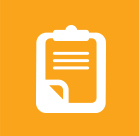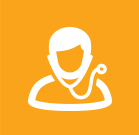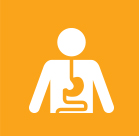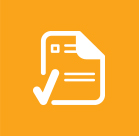Safe USe
Guidelines & Tips
Safely use your prescription medicine so it can provide the help you need, when you need it.
Follow these tips and guidelines:
IMPORTANT GUIDELINES

- Only take medication prescribed to you.
- Never share your medicine with someone else, or take someone else’s medication.
- Always read and follow the instructions on your medicine’s label.
ADDITIONAL SAFETY TIPS

Keep a list of all medicines you take and share it with your doctors or pharmacist. Also share allergies you have, if you’re pregnant and any conditions you have. Learn more about taking multiple medicines.

Learn how your medicine will interact with other medicine, both prescription and over-the-counter, and alcohol by asking your doctor. Call your doctor if a side effect is unexpected. Learn more about taking multiple medicines.

Many medications can impair your driving ability which is both illegal, and dangerous.

Monitor your pills and medicine. This will help you be aware if some is missing, and know when it’s time to refill prescriptions. Learn more about Safe Storage of your medicine.

When you travel, keep your medicine in a carry-on bag. Bring extra in case you’re delayed. Find more suggestions for taking your medicine when you’re traveling.

Ask your doctor or pharmacist questions about your medicine and the instructions. Learn all you can. Know why you’re taking it and what the desired outcome should be.

Ask your doctor or pharmacist questions about your medicine and the instructions. Learn all you can. Know why you’re taking it and what the desired outcome should be.
MANAGING MULTIPLE MEDICATIONS

Keep a list of all medicines and vitamins/supplements you’re taking and share it with your doctor and pharmacist. Include details about the brand name or generic name of the drugs, strengths, quantities and how often you take them. Note the dates you started and any changes. If you’ve stopped taking a medicine, include that, as well.

Tell your doctor or pharmacist about problems you’ve had with medicines, including rashes, indigestion, dizziness, loss of appetite or unusual physical or emotional reactions.

Ask if and how your medicine will interact with anything else you take or eat.

Read the instructions on the medicine. Know what, when and how much to take each day. Consider using a cell phone application to help manage your medications and remind you when to take them.

Call Oregon Poison Center Helpline in case of an emergency: 1-800-222-1222
Add this number to your speed dial or cell phone.